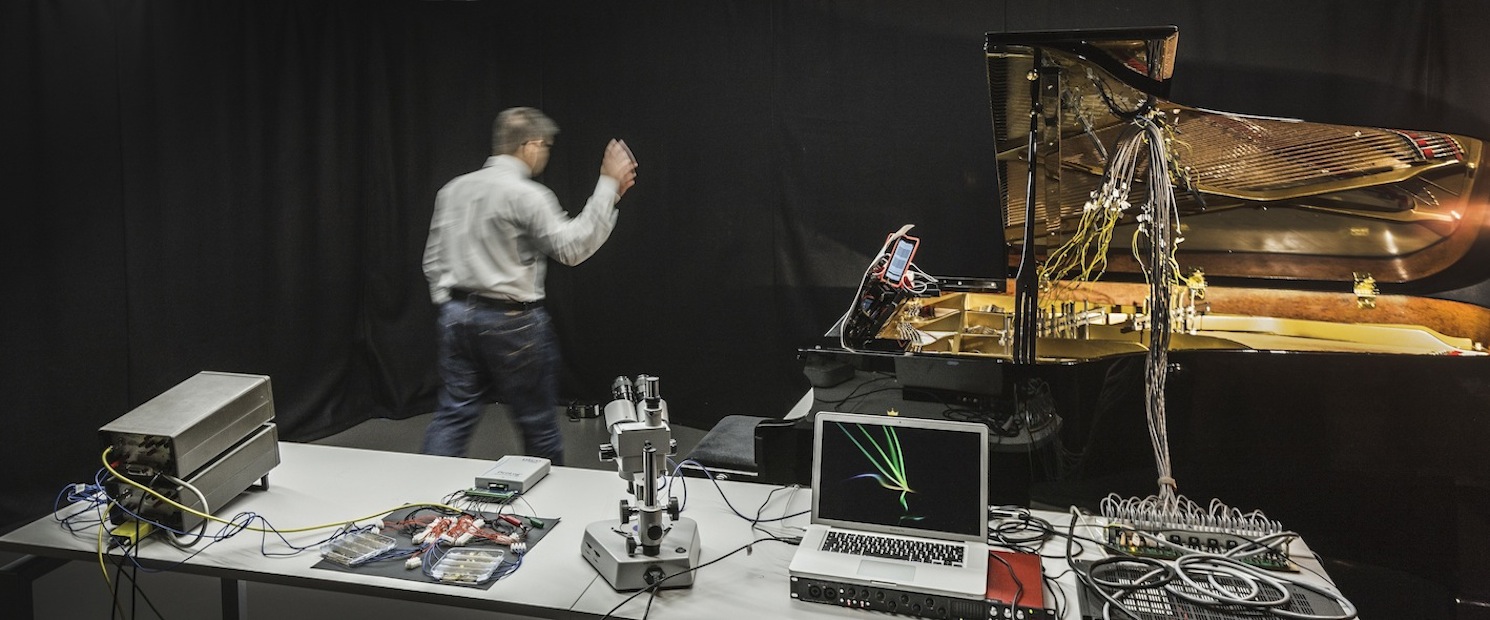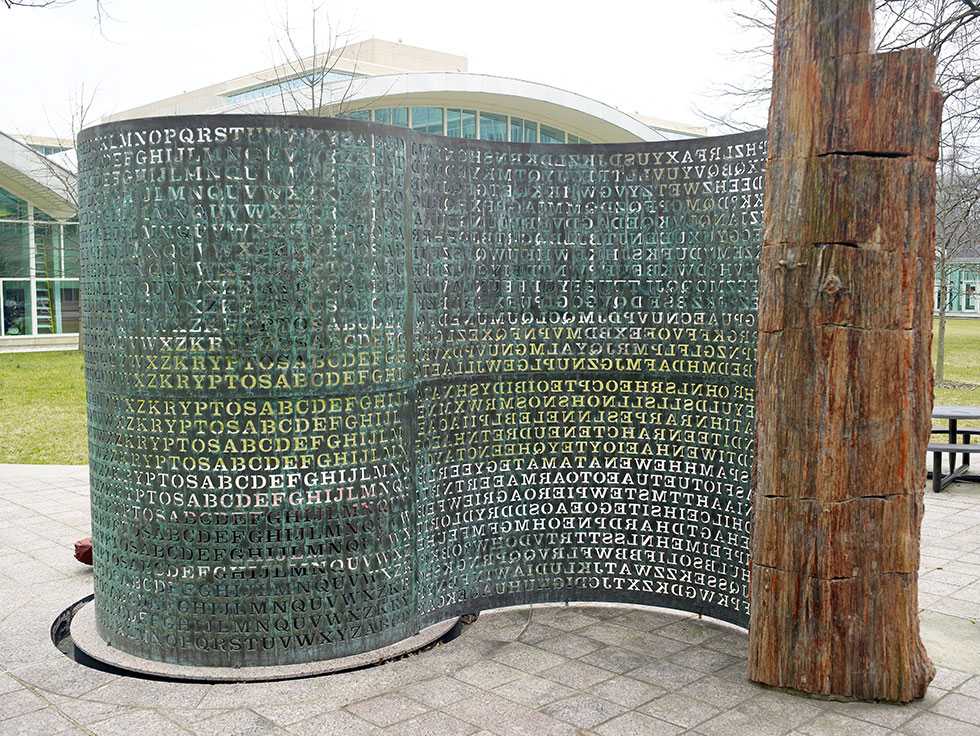How did noise music appear in Russia?
Ghost addresses of 19th century Williamsburg found on tenement walls
Once Upon a Time in New York: The Birth of Hip Hop, Disco and Punk
Trump-Carroll Defamation Trial: Jury Orders Trump to Pay Carroll $83.3 Million for Years of Defamation
Coltrane '58: Prestige Recordings
"John Coltrane recorded the music for a staggering eight albums in just one year–1958. They were released over the course of the next eight years by Prestige Records, a New York label founded by Bob Weinstock in 1949. In tribute to and celebration of the 60th anniversary of these recordings in 2018 as well as the 70th anniversary of Prestige Records in 2019, these 1958 Coltrane classics have just been reissued by Craft Recordings in beautiful 8-LP/5-CD custom box sets. Coltrane’s artistry was just beginning to flower in 1958. In his early 30’s and clean off dope, Coltrane was honing his already prodigious skills and focusing on his sound and improvisation like never before. Thelonious Monk, with whom Coltrane studied and performed just the year before, also exerted a big influence on the saxophonist’s growing conception of musical possibilities. ..."
Bandcamp: A Guide to the Early Music of John Coltrane on Prestige Records (Audio)
DJ Boboss and the mad mix of DIY electronics
Oppenheimer - Christopher Nolan (2023).
Why We Should All Read Hannah Arendt Now - Lyndsey Stonebridge
Dissent
Quantum Computer Music. What the heck?

"A technological leap that will make current computation and AI systems look obsolete? Tapping into the properties and laws of quantum mechanics, the nascent field of quantum computing promises just that. Eduardo Reck Miranda, composer and pioneer in the field of AI and music, gives a brief overview of the history of computing and sound that lead to this new leap, and adds examples of his own music practice with quantum computing. ..."
Unknown Pleasures: Great, Under-The-Radar Music Books
House of Games - David Mamet (1987)
Can You Crack the Uncrackable Code in Kryptos, the CIA’s Work of Public Art?
The hands-on part fell well within Sanborn’s purview. But a Masters in sculpture from Pratt Institute does not automatically confer cryptography bonafides, so Sanborn enlisted Edward Scheidt, the retired chairman of the CIA’s Cryptographic Center, for a crash course in late 20th-century coding systems.
Sanborn sampled various coding methods for the finished piece, wanting the act of deciphering to feel like “peeling layers off an onion.”
That onion has been partially peeled for years.
Deciphering three of its four panels is a pelt shared by computer scientist and former president of the American Cryptogram Association, James Gillogly, and CIA analyst David Stein.
Is it a comment on the cultural, socio-economic or political context in which it was created?
Or is the act of creating it the artist’s most salient point?
Are multiple interpretations possible?
Artist Jim Sanborn’s massive sculpture Kryptos may inspire various reactions in its viewers, but there’s definitely a single correct interpretation.
But 78-year-old Sanborn isn’t saying what…
He wants someone else to identify it.
Kryptos’ main mystery — more like “a riddle wrapped in a mystery inside an enigma” to quote Winston Churchill — was hand cut into an S‑shaped copper screen using jigsaws.
Sometimes the title will offer a clue, or the artist will shed some light in an interview.
Is it a comment on the cultural, socio-economic or political context in which it was created?
Or is the act of creating it the artist’s most salient point?
Are multiple interpretations possible?
Artist Jim Sanborn’s massive sculpture Kryptos may inspire various reactions in its viewers, but there’s definitely a single correct interpretation.
But 78-year-old Sanborn isn’t saying what…
He wants someone else to identify it.
Kryptos’ main mystery — more like “a riddle wrapped in a mystery inside an enigma” to quote Winston Churchill — was hand cut into an S‑shaped copper screen using jigsaws.









































.jpg)


